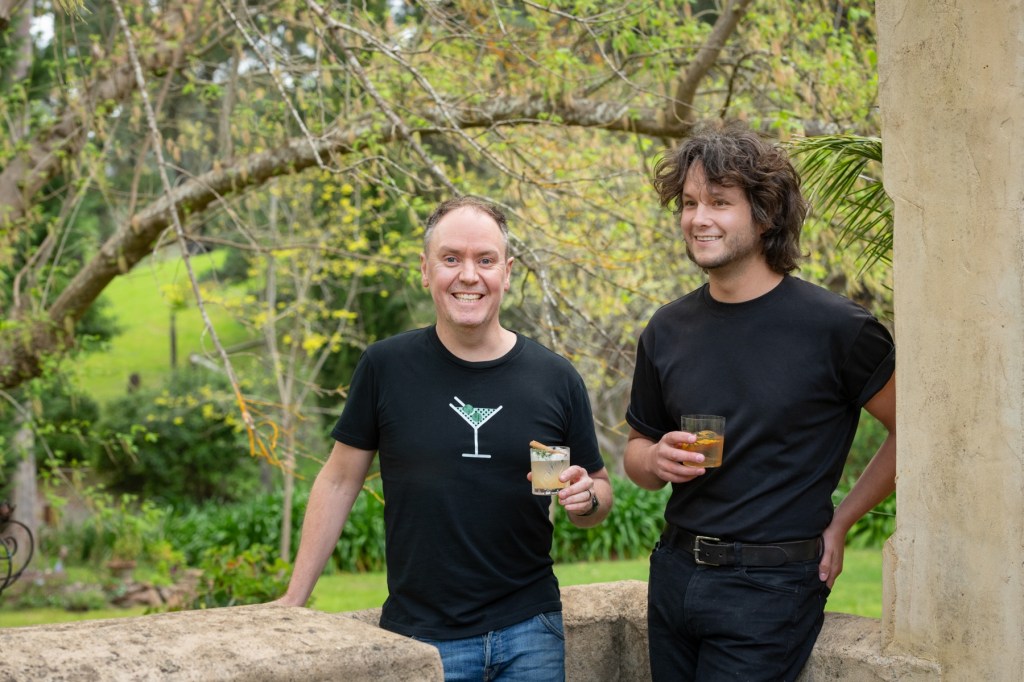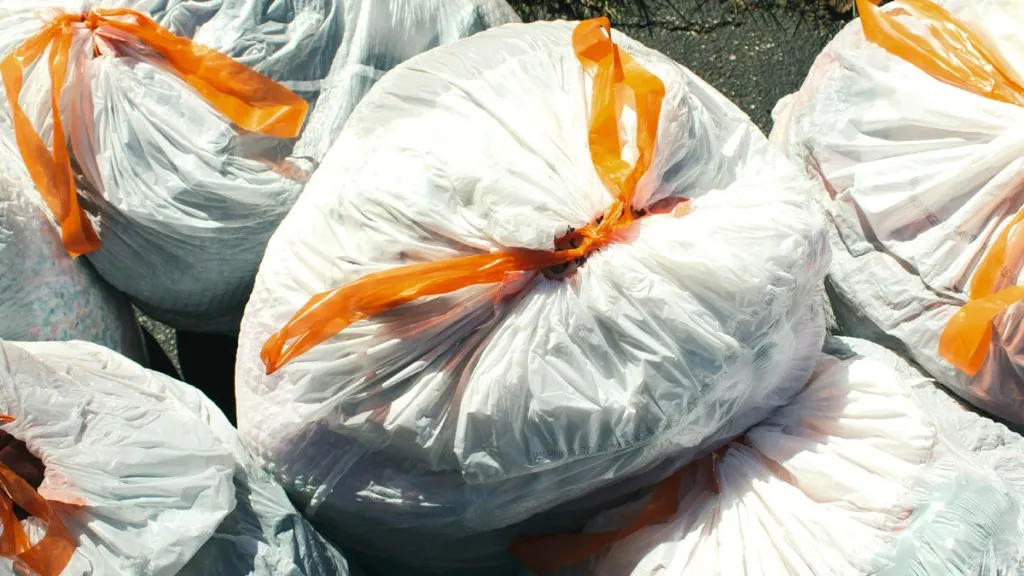Prohibition taps customers to distil Seppeltsfield tasting room plans
Adelaide distiller Prohibition Liquor Co. will be the first South Australian liquor company to raise capital via equity crowdfunding as it pushes forward with plans to turn the Seppeltsfield Distillery into a function space and Australian spirits museum.

CBD-based distiller Prohibition Liquor Co is looking to raise up to $3 million from its passionate customer base to progress plans for its tasting room at the Barossa Valley and enter new international export markets.
Today, the company opened expressions of interest for its equity crowdfunding campaign, facilitated by OnMarket. The founders hope customers will want to own a slice of the company; the first South Australian liquor business to undertake a raise of this kind.
It follows the launch of a pop-up bar at Seppeltsfield’s 147-year-old distillery in the heart of the Barossa Valley in 2024.
At the time, Prohibition flagged it wanted to build a tasting room there, and the funds raised via the equity crowdfunding process are set to push those plans forward.
The tasting room is just part of Prohibition’s expansion ambitions; it also intends to grow its tasting room on Gilbert Street in the CBD, launch a gin bar at Penny’s Hill Estate in McLaren Vale, and expand its exports to new markets like the United States, Hong Kong and Canada.
Founder Adam Carpenter said it was the “next big phase” for Prohibition Liquor Co. which turns 10 this year.
“It’s going to be a big step change in our business where we run quite a substantial business at the Barossa,” Carpenter told InDaily.
“At the moment we have what we’re calling a pop-up – we basically put a lick of paint on the place and we have some warehousing and production happening out there – but to turn the building into a functioning venue that can hold big events and exciting things, that’s where we’ve said we want to fund this project which is going to really lift the venue and capacity of Prohibition as a business.”
You might like

Prohibition Liquor Co. makes its spirits in the CBD at a distillery on Gilbert Street. Photo: Supplied
Carpenter said Prohibition had a “very loyal following” which attracted the company to equity crowdfunding – a process whereby a firm can raise cash by offering the public a share of the business.
For example, with Prohibition’s offer, investors get one share per dollar spent and extra perks depending on the amount invested.
There is a reason Prohibition is the first South Australian liquor company to go down this route: “You have to jump through a lot of regulatory hoops” according to Carpenter.
“There are specific laws in South Australia that limit the public holding of a liquor licence,” explained Carpenter.
“We had to change our whole company structure. We had to become a public company – you can’t be a proprietary limited.
“But from our perspective, it makes a lot of sense for us as a business to bring those people in as shareholders and share the journey.”
It also means the company won’t have to take overseas money to put its plans into action, permitting the local distiller to keep doing things its way.
“You become shareholder-driven and spreadsheet-driven when you’re owned by these big internationals,” Carpenter said.
“We’re all about the creativity of what we make. We make very people-centric products and there’s no doubt that the creative-first approach is liable to change when you’re answering to global corporate bigwigs.
Stay informed, daily
“From our perspective, independence is part of our DNA.”

Prohibition founder Adam Carpenter and SA Premier Peter Malinauskas at the 2022 Spirit Awards. Photo: Supplied
The Seppeltsfield Distillery transformation is the main project the crowdfunding will support.
Prohibition currently leases the space from Seppeltsfield. The 147-year-old facility has been dormant for 50 years meaning the still – which is ten times larger than the company’s Gilbert Street still – does not work.
As such, the space will mostly be used for bottling, a tasting room and an events space.
“Everything that would run the still is there and intact, it’s just literally impossible to fire back up,” Carpenter said.
“There’s a lot of history there. What we want to do is turn it into a bit of a museum of Australian distilling. There are all these amazing pieces – hundreds of years old – that would have been used for bottling, labelling units, presses.
“That’s a really important part of what we can do up there.”

Prohibition launched a pop-up at the historic Seppeltsfield Distillery in October last year. Photo: Supplied.
Growing the company’s exports is another goal. Prohibition already sends its products to Singapore, France, New Zealand and Japan, but there’s interest from the United States, Hong Kong, South East Asia and Canada, Carpenter said.
“Obviously we’re not going to bust into all of those at once,” he said.
“Small bites. But it means we can start to dig into that potential we have for export expansion.”
The money will also alleviate some of the pressures of yet another hike to excise taxes on the alcohol sector.
In February, the industry experienced its 83rd excise tax increase since 1983. It marked the 19th faced by Prohibition since 2015, with spirits companies particularly hit hard by tax collections compared to beer and wine producers.
“We’re still running a really successful business despite the tax, but our take is if you would actually support us or stop hampering the industry with such an aggressive tax we would be putting the money into export and jobs and things that actually help build the country,” Carpenter said.
“We have an industry that could be the next wine industry. It has the potential to be a billion-dollar export industry in Australia, but the only thing holding it back is the act that the government taxes us so heavily.”








